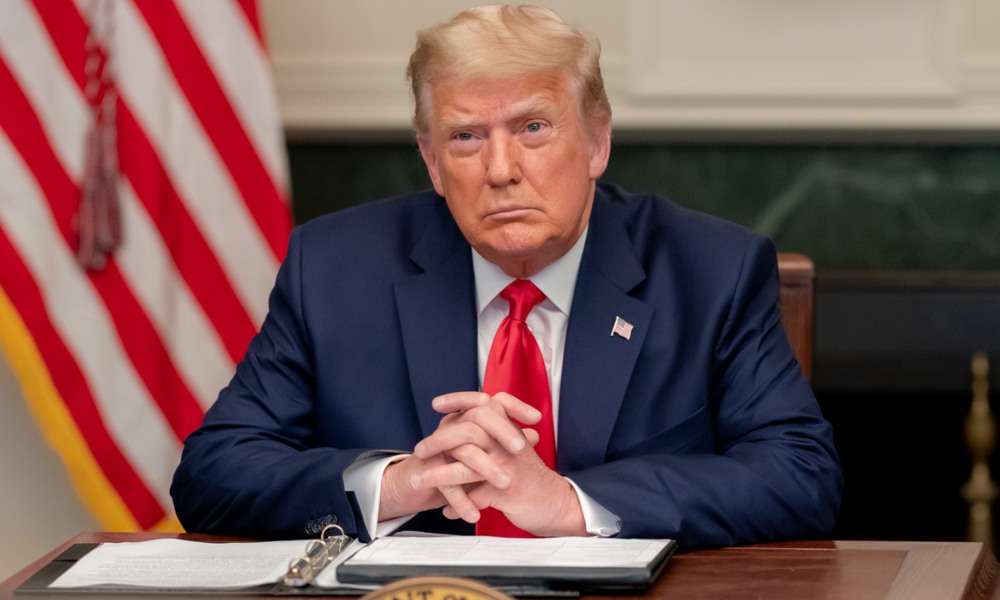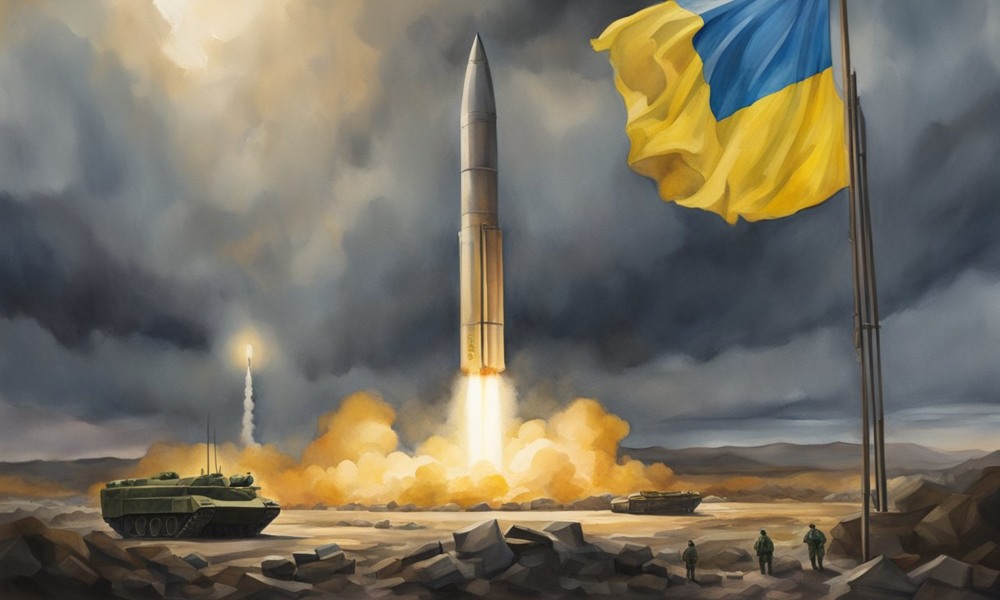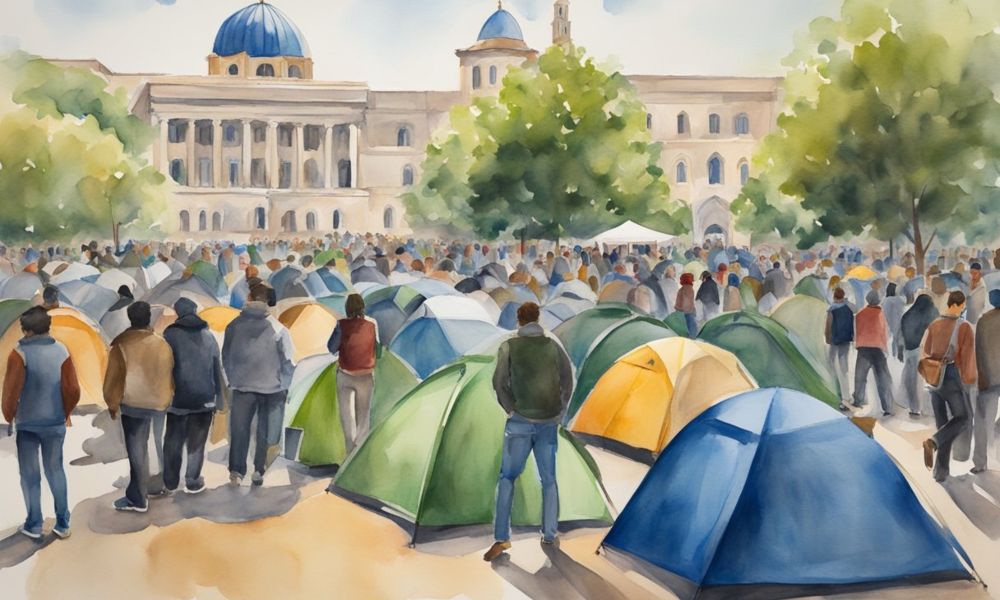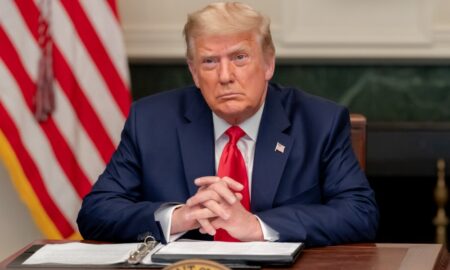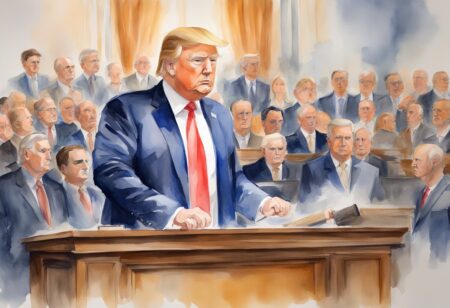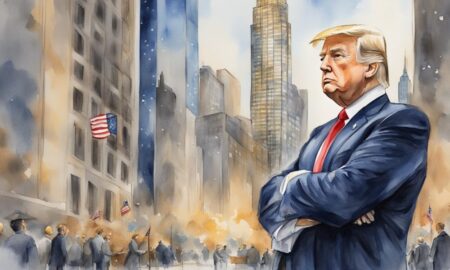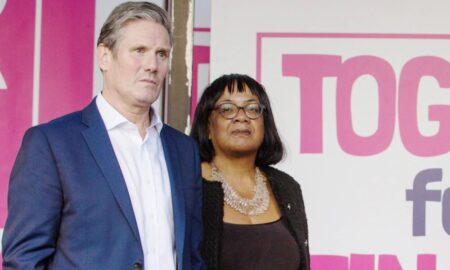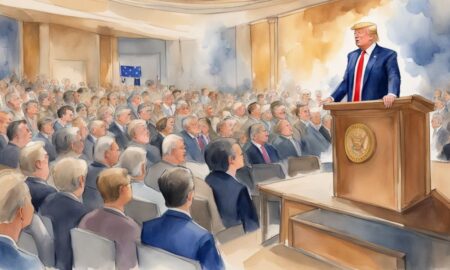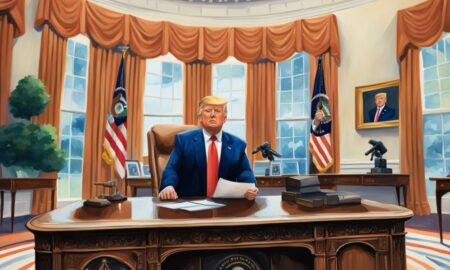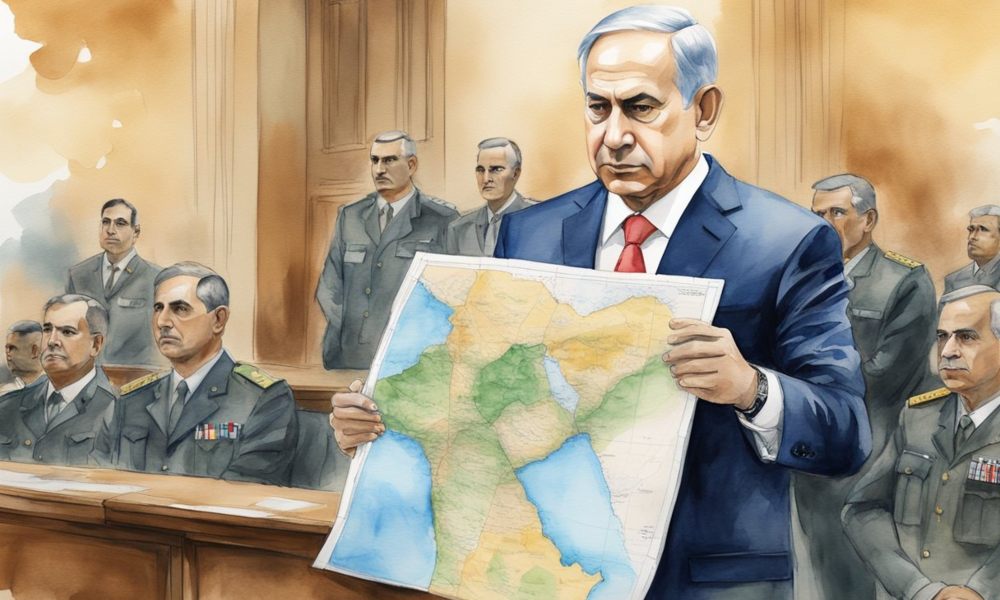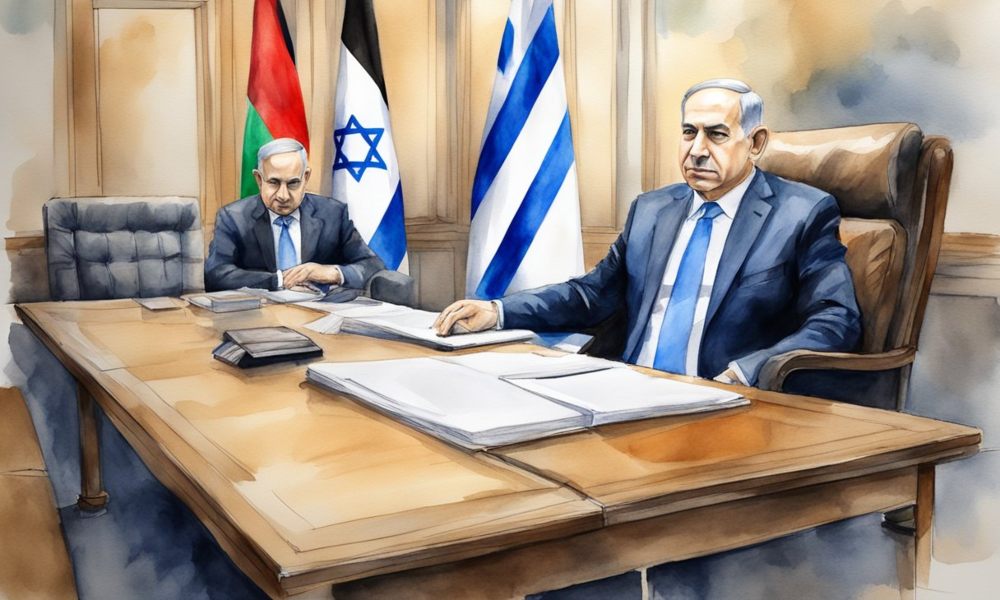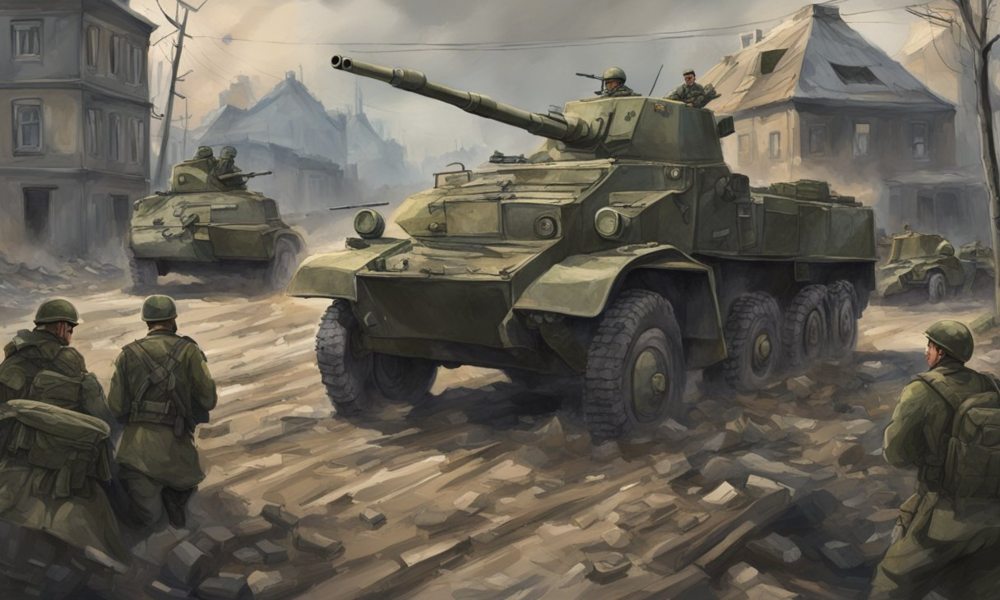Protests by pro-Palestinian groups have caused significant disruptions at several US college campuses this week. Here are the key points:
- Large tent encampments set up at schools like USC, Princeton, and Northeastern
- Chants of “From the river to the sea, Palestine will be free” heard on campuses
- Some universities were forced to cancel events and switch to online classes due to safety concerns
- Students accuse protestors of harassment and creating an unsafe environment
- Debate over free speech versus discriminatory actions against Jewish students
Do these protests raise valid human rights issues or go too far in disrupting campus life? Let’s take a closer look.
Campus Chaos Erupts
On Monday, encampments of tents popped up at universities across the nation. Pro-Palestinian student groups erected the camps to protest against Israeli policies. Loud chants echoed through campus quads:
“From the river to the sea, Palestine will be free!”
This slogan calls for eliminating Israel. At Columbia University in New York, over 500 protestors gathered by Wednesday. They disrupted classes with loud chants and campsite construction.
Schools Forced to Take Action
Due to safety fears, several schools made significant changes. USC canceled its main graduation ceremony, while Harvard closed off areas of campus. At Cal Poly, the entire campus shut down for days.
Columbia shifted to hybrid online/in-person classes for the rest of the semester. They hope to continue negotiations with the protesting students.
Accusations From Both Sides
Aaron McNulty, a Columbia pre-med student suing the school, accuses protestors of harassment targeting Jewish students. “They’ve kept us from studying, going to class, and put our safety at risk,” he stated.
However, Rep. Ilhan Omar visited Columbia’s protestors on Thursday. She called the encampment “joyful” and was “in awe of their courage.” Omar claimed the protests align with free speech rights.
Differing Student Views
Josh Shapiro, a George Washington University student, provided his campus’s perspective. “Physically I feel safe, but it’s emotionally damaging,” he admitted.
Shapiro described extra security at Jewish student events, with ID checks and bag inspections by police officers. “It’s unsettling,” he said of the heightened security.
However, Shapiro noted that many protestors seemed well-meaning but needed to be more informed. “They’ve probably seen a lot of propaganda, especially on social media.”
He cautioned against endorsing violence like “intifada” without understanding the full context first.
Unrest continues as universities grapple with allowing free speech while keeping campuses secure. How can schools balance these delicate issues?
